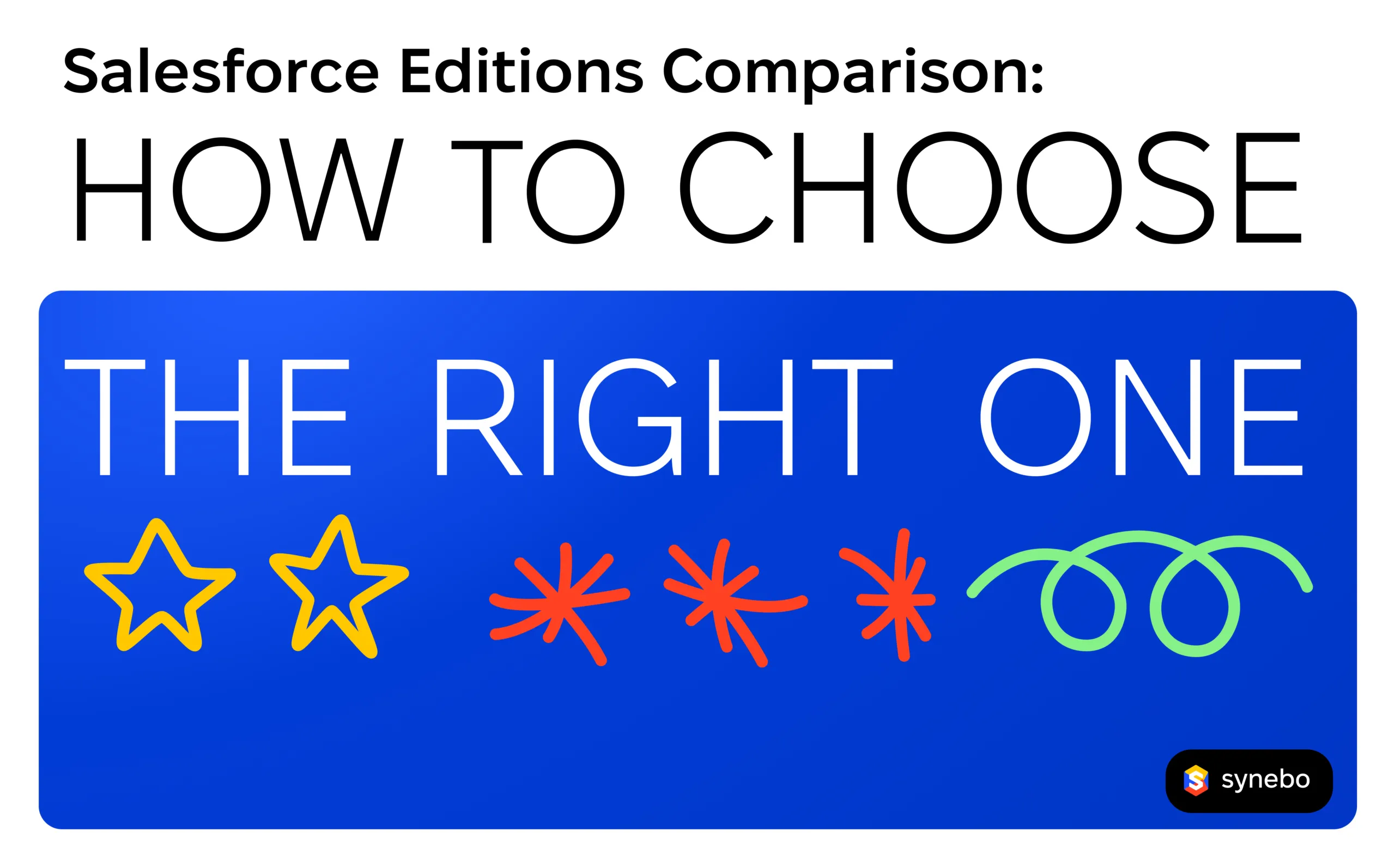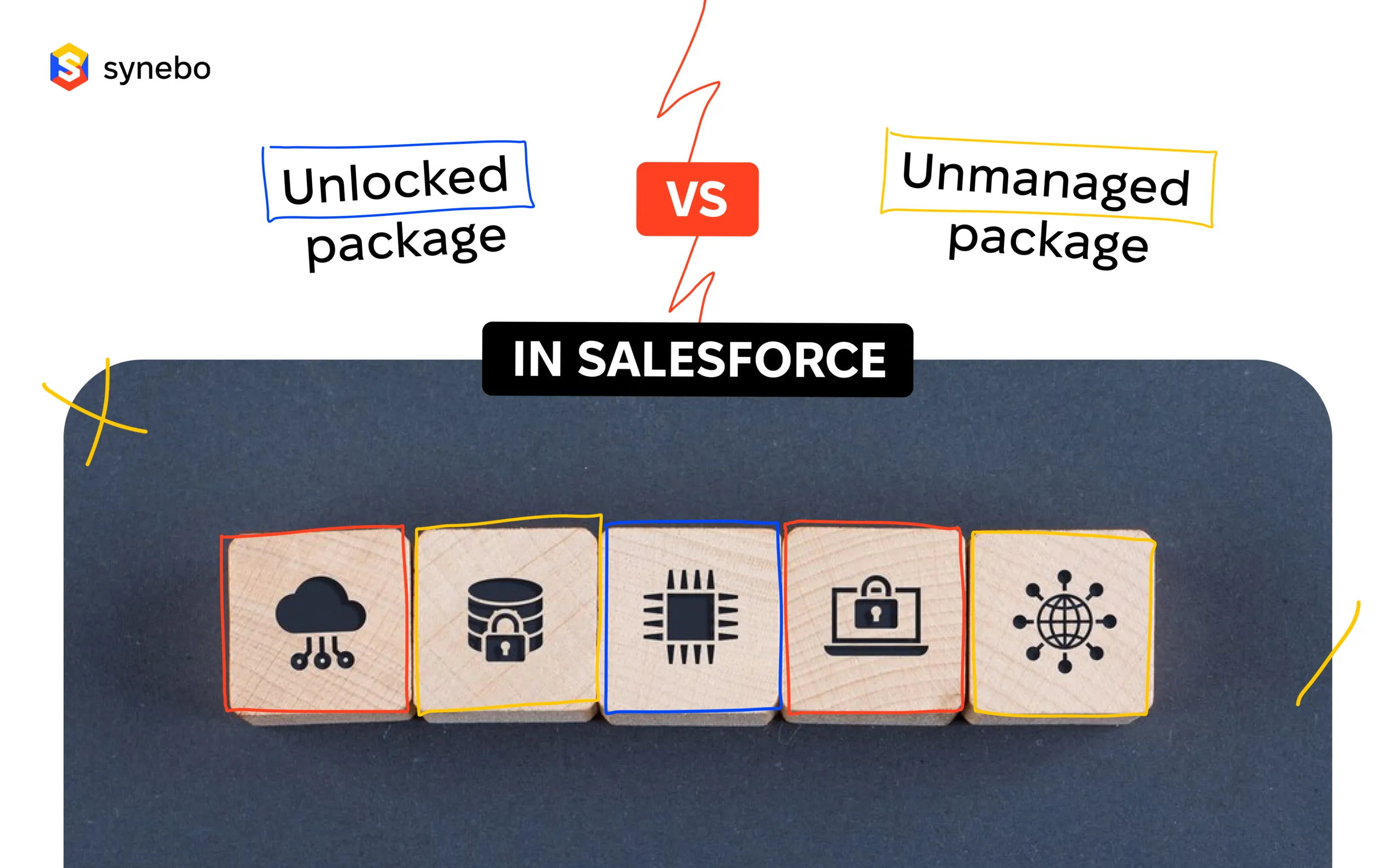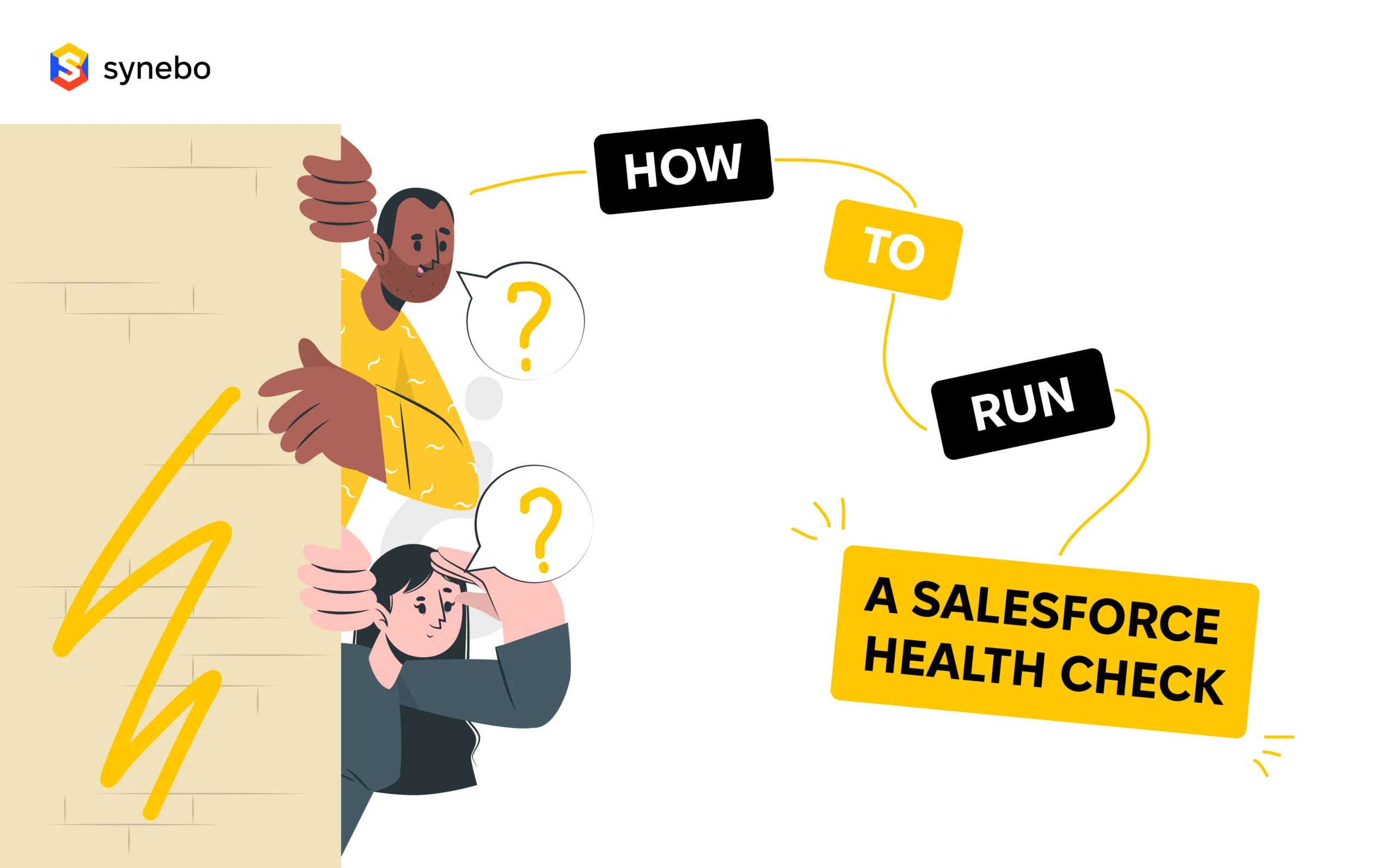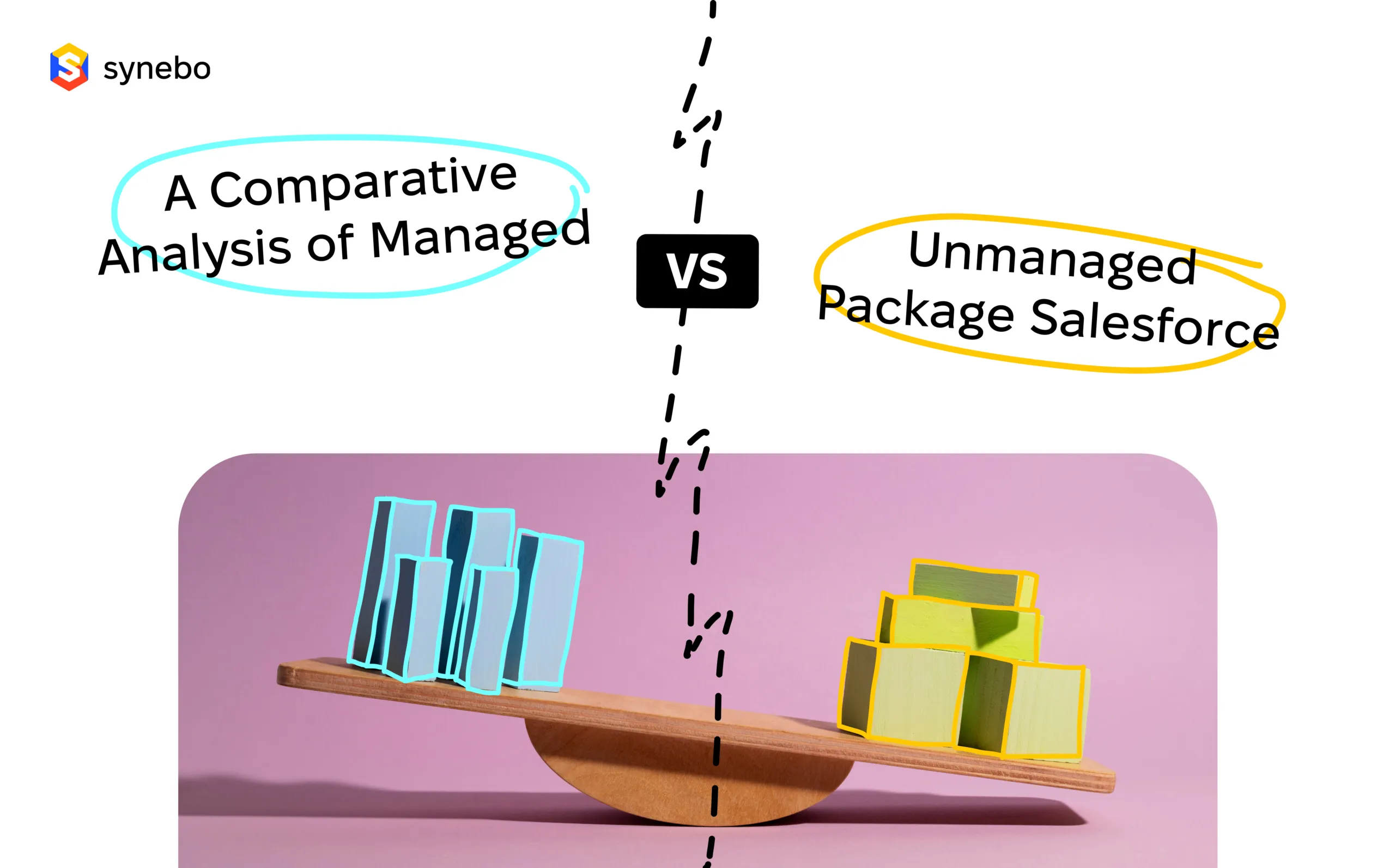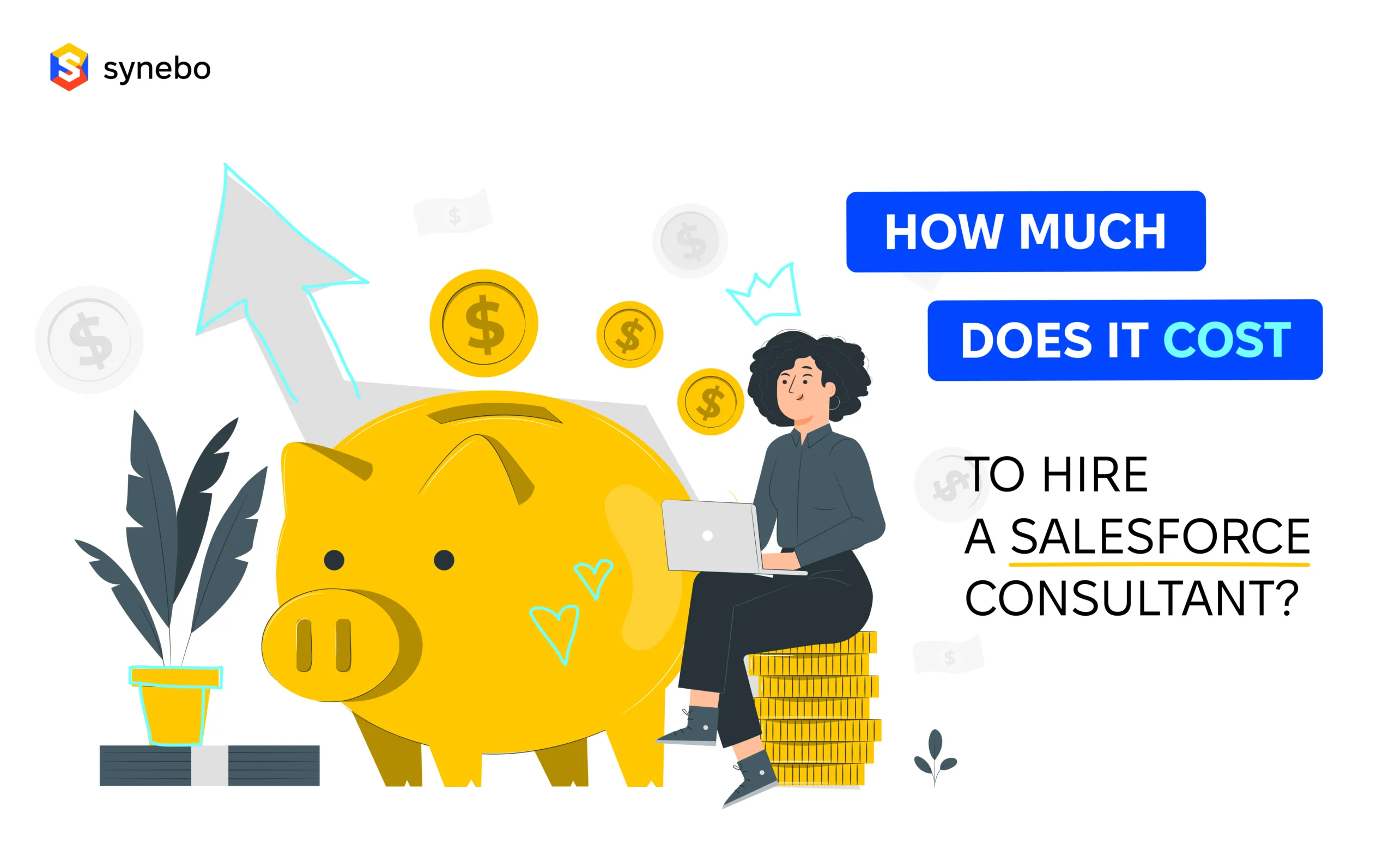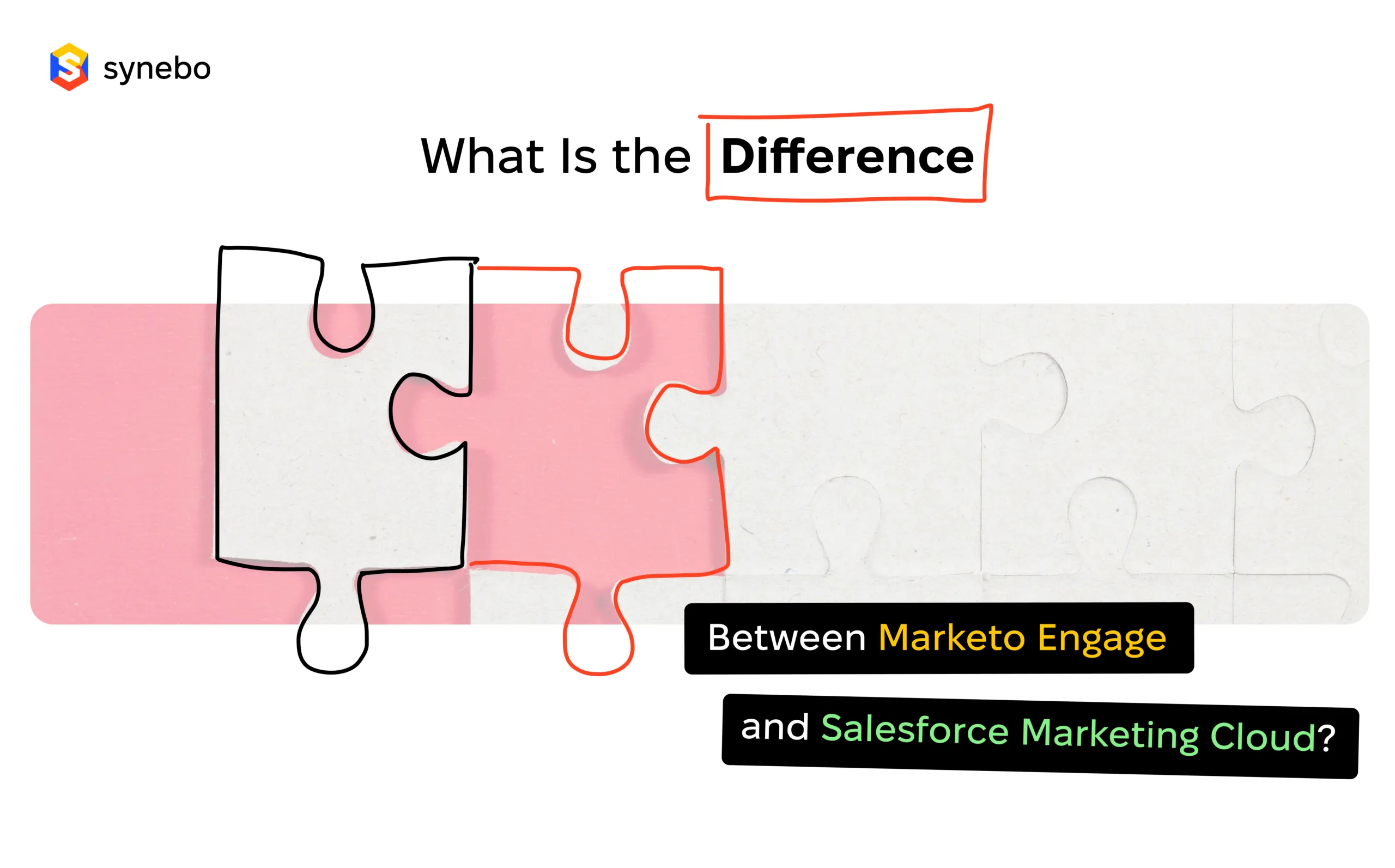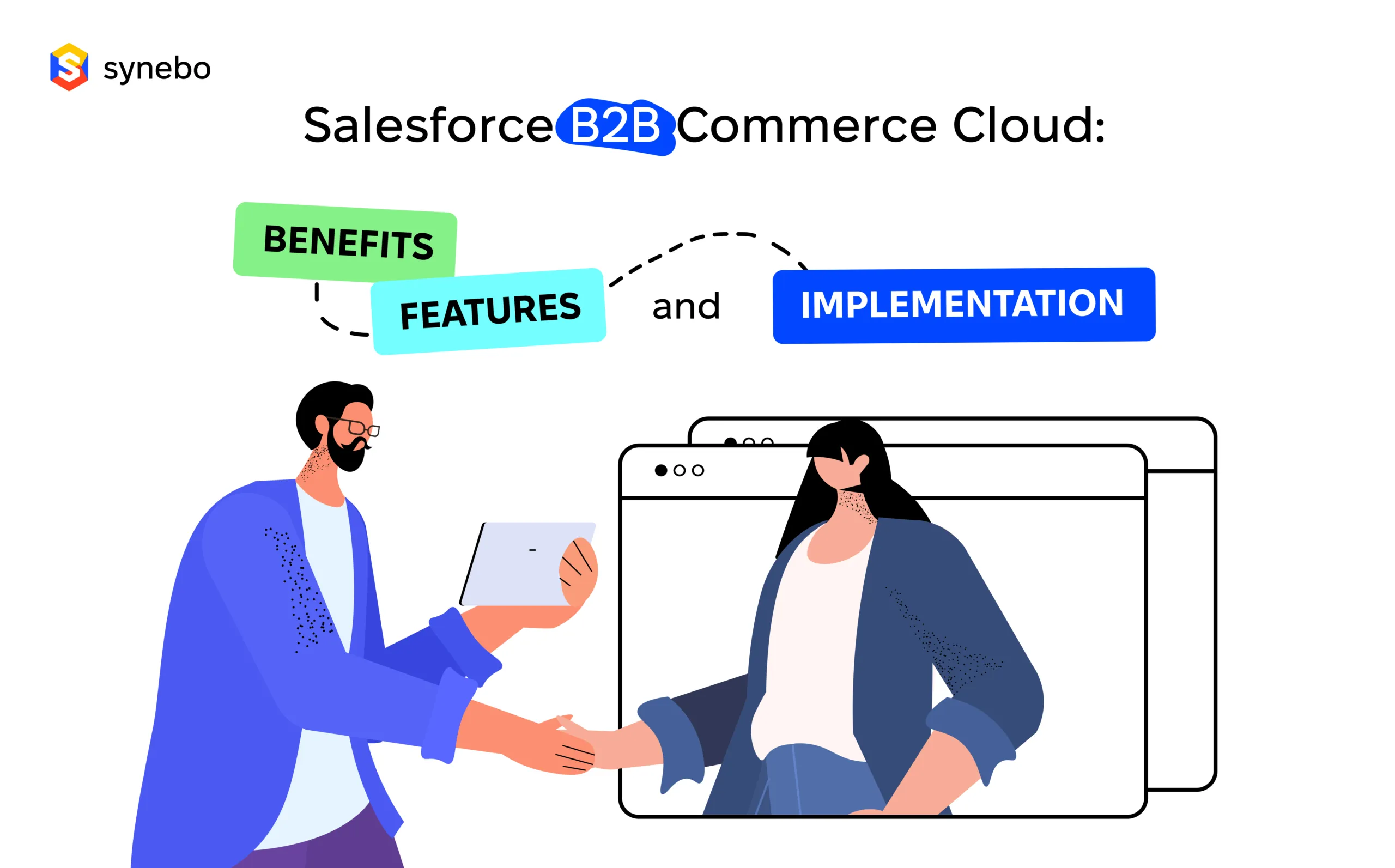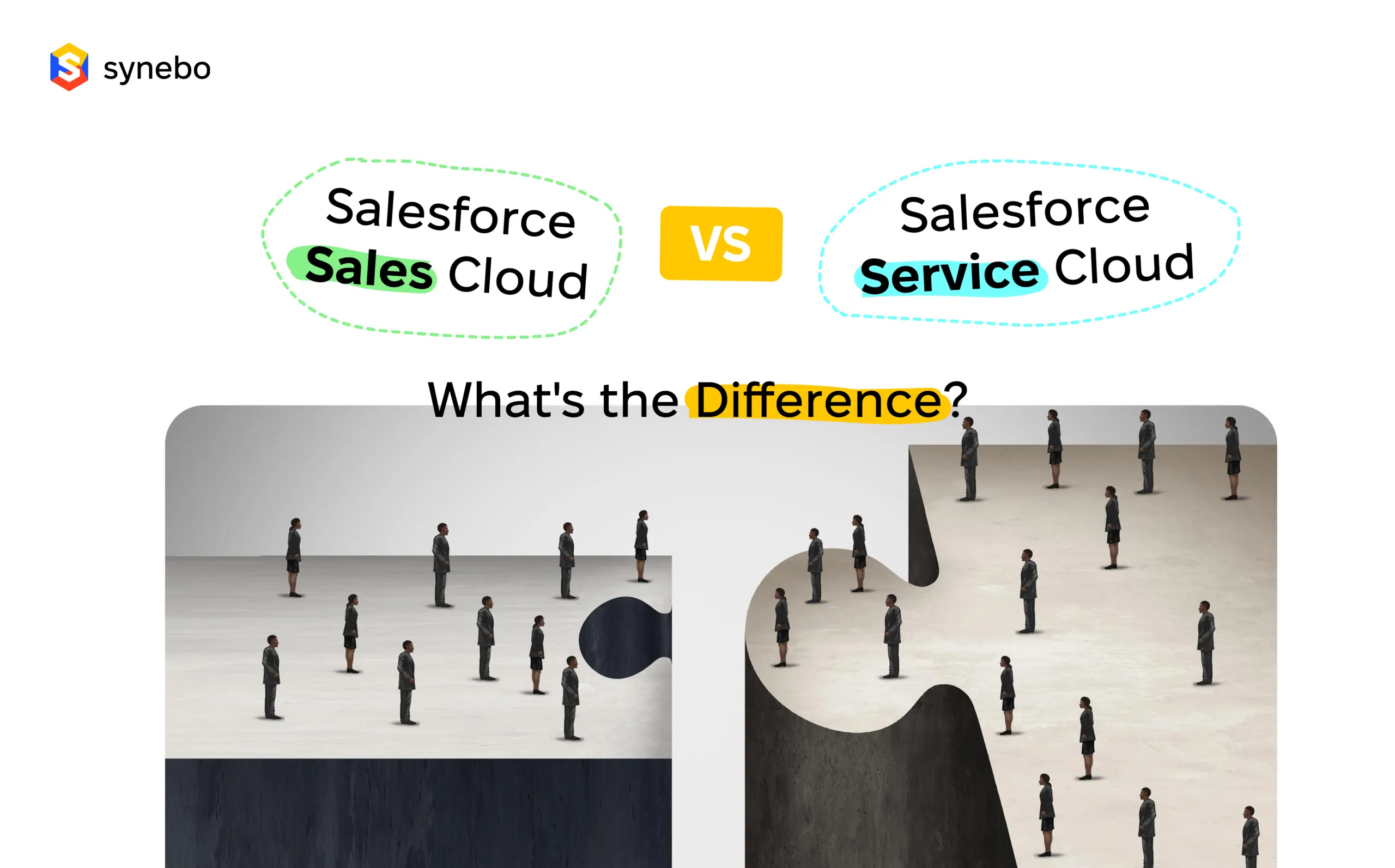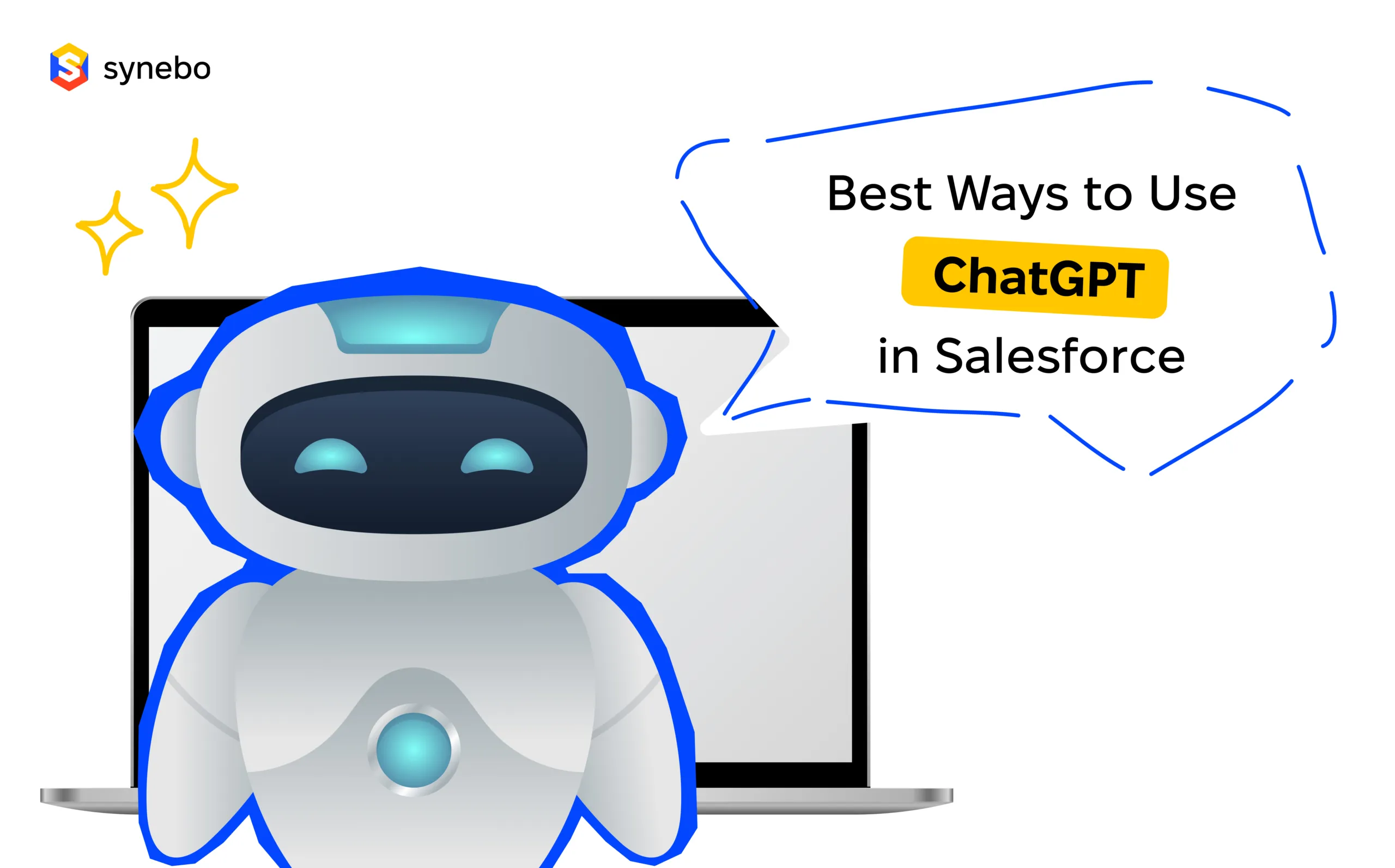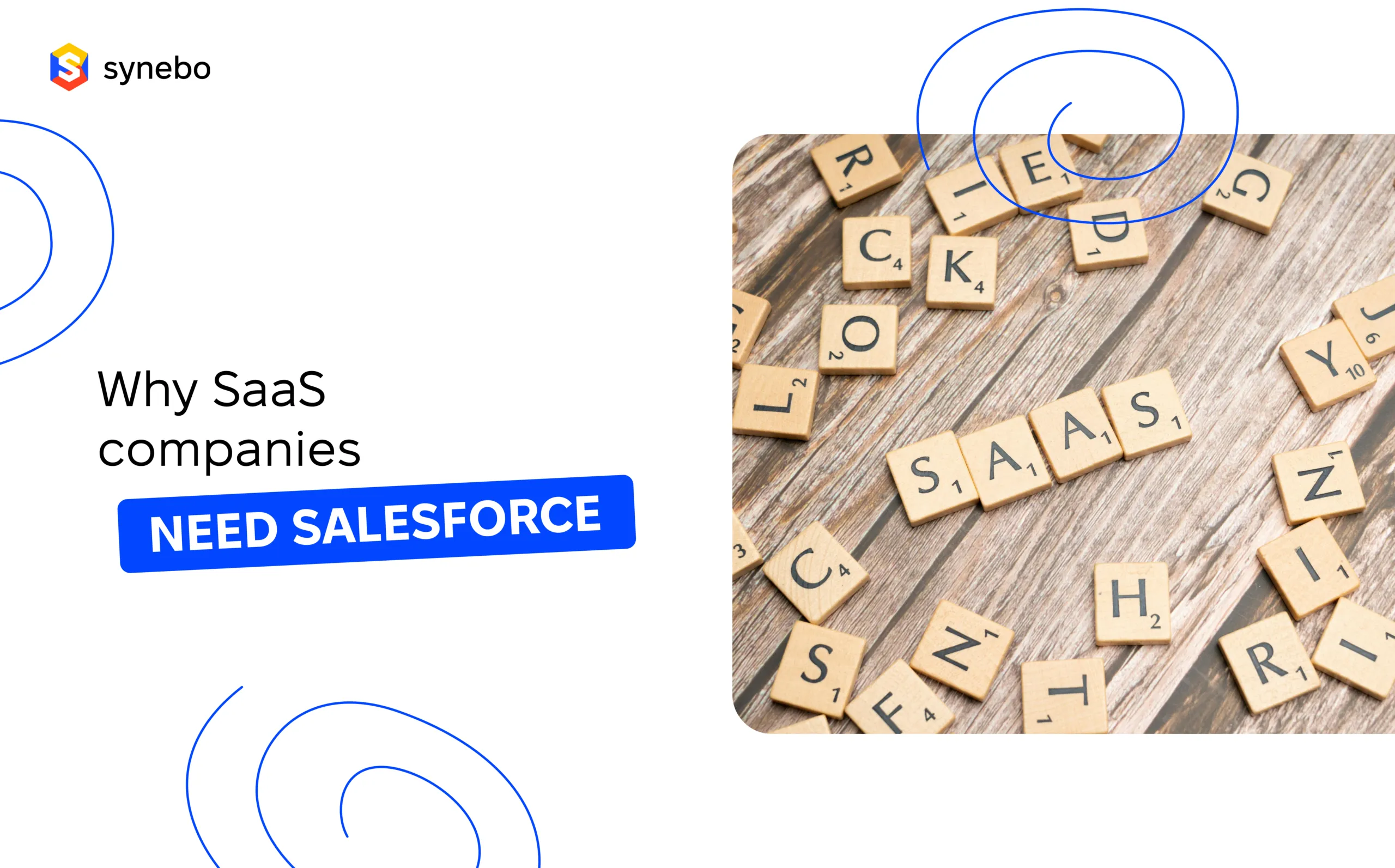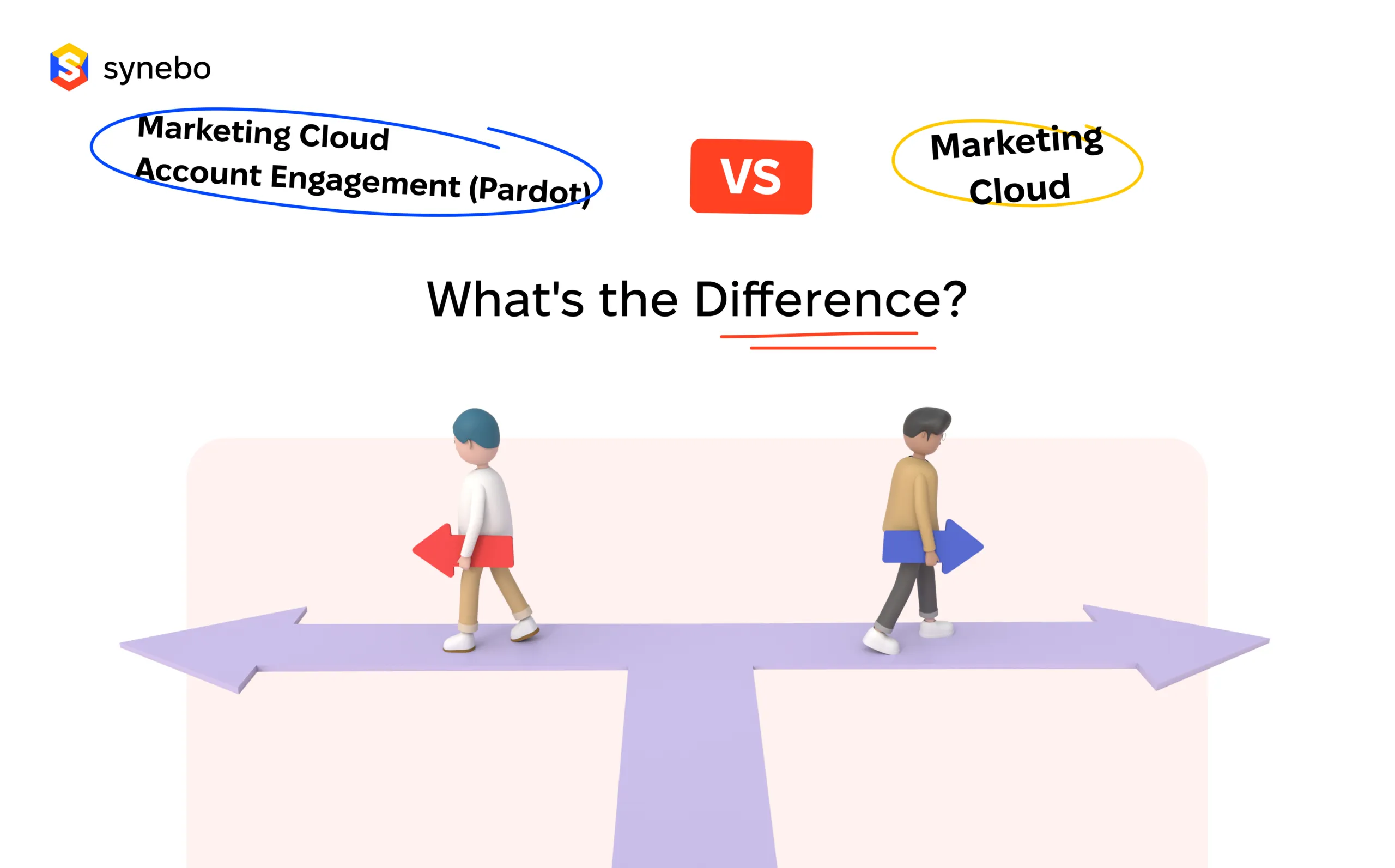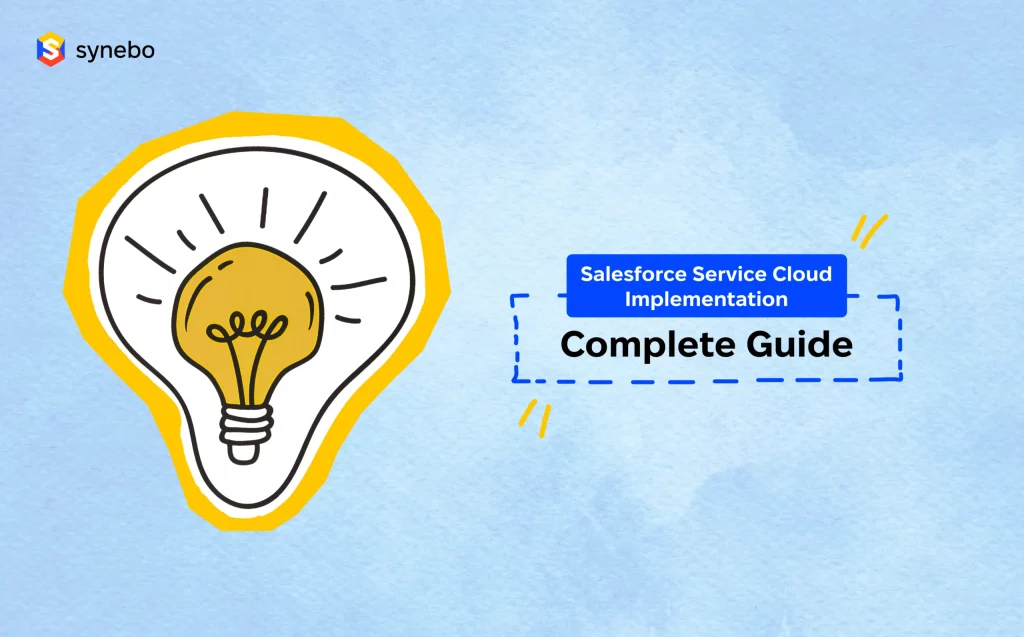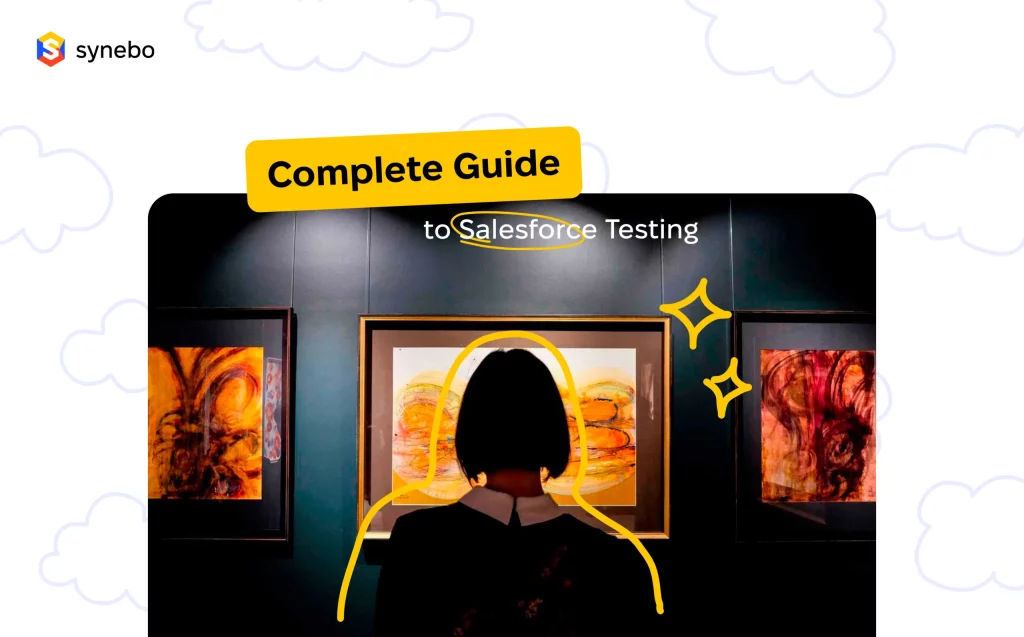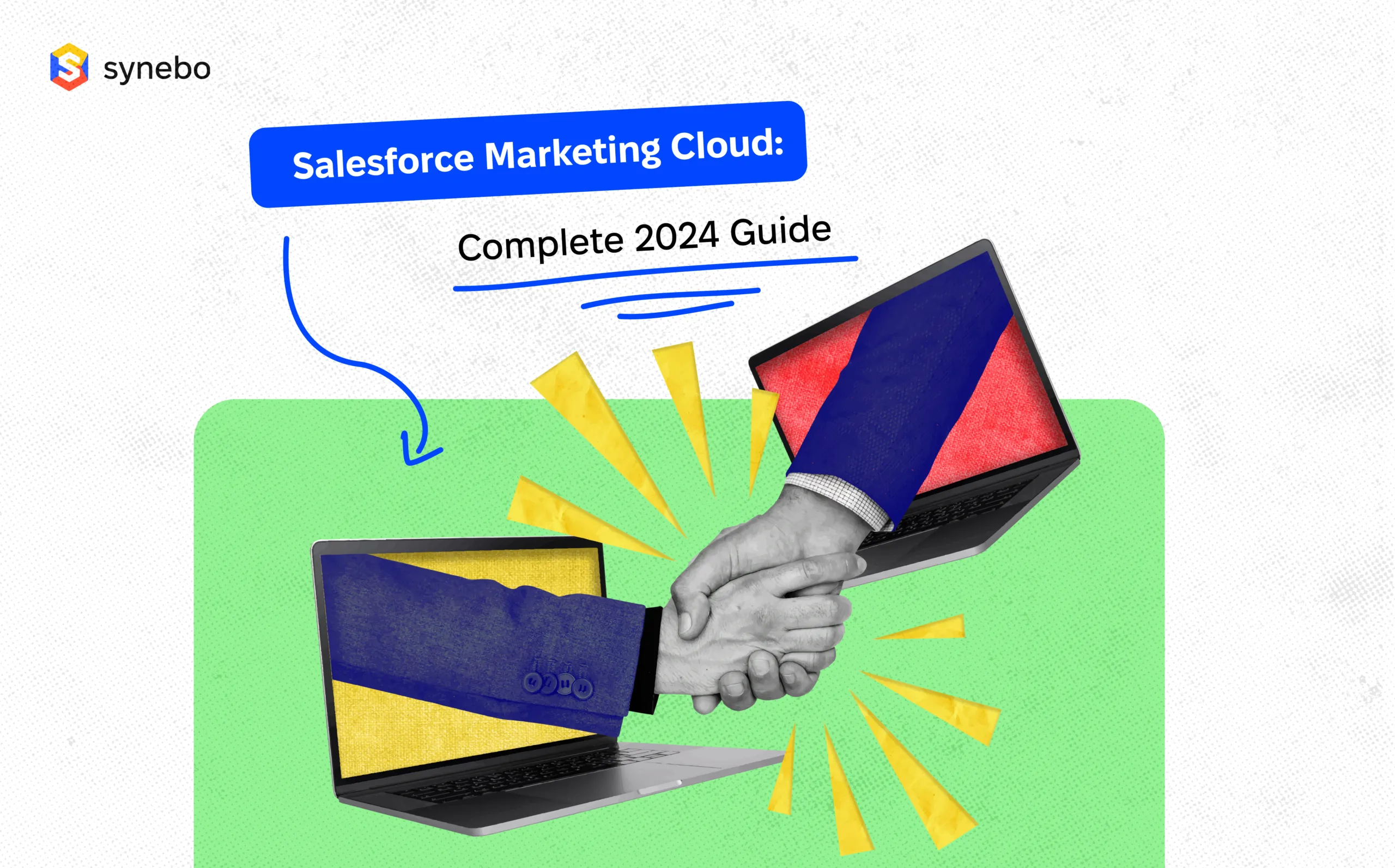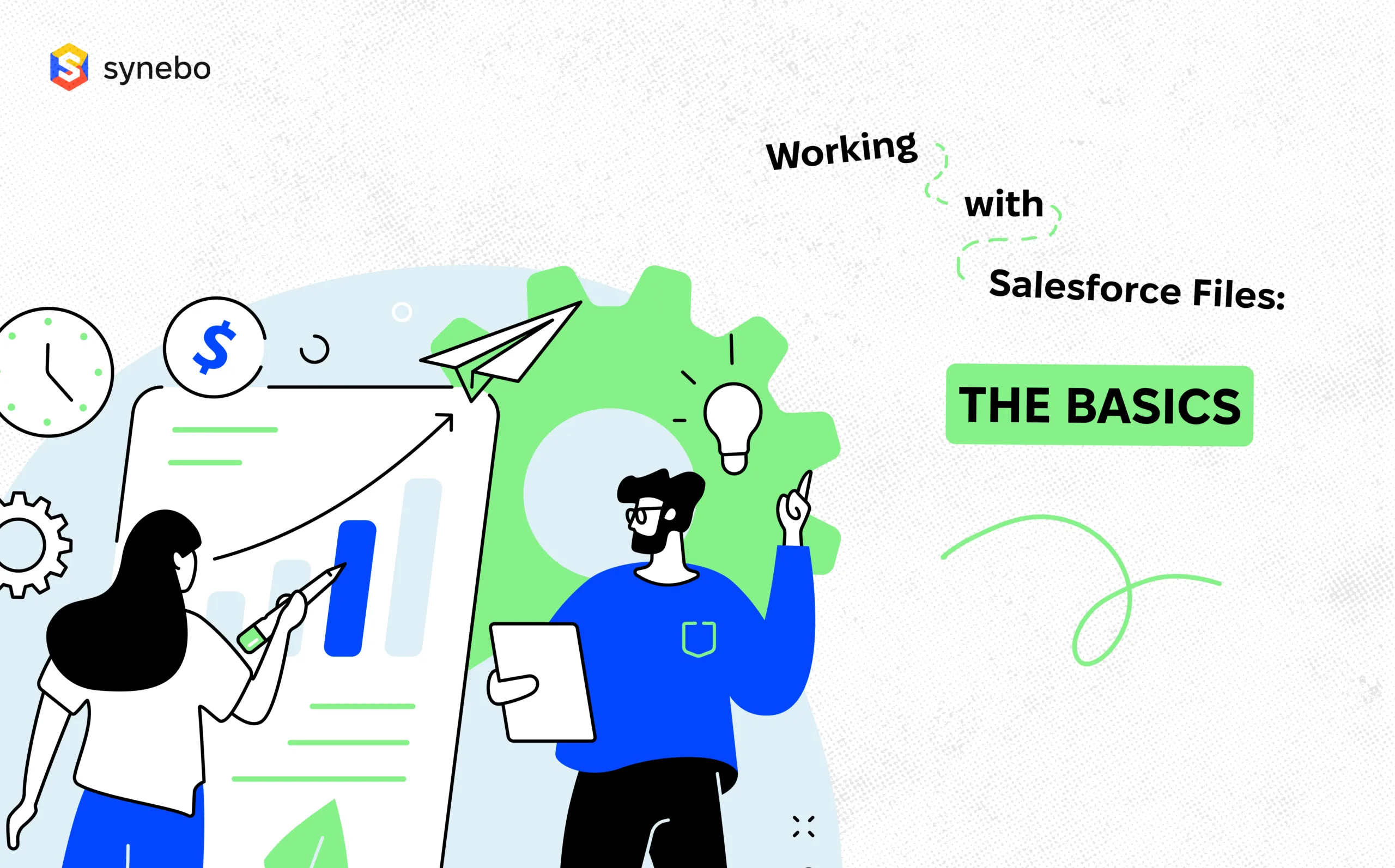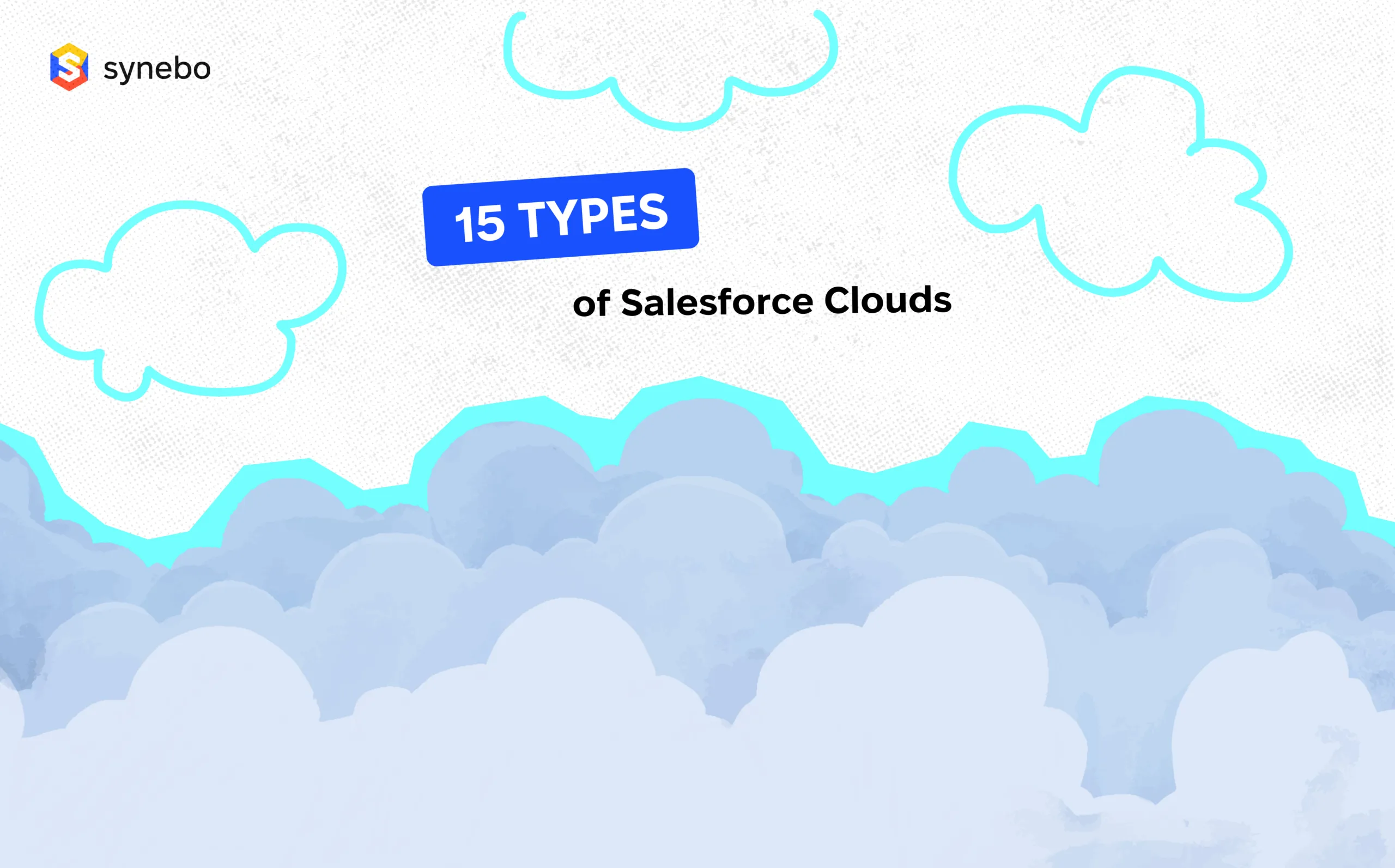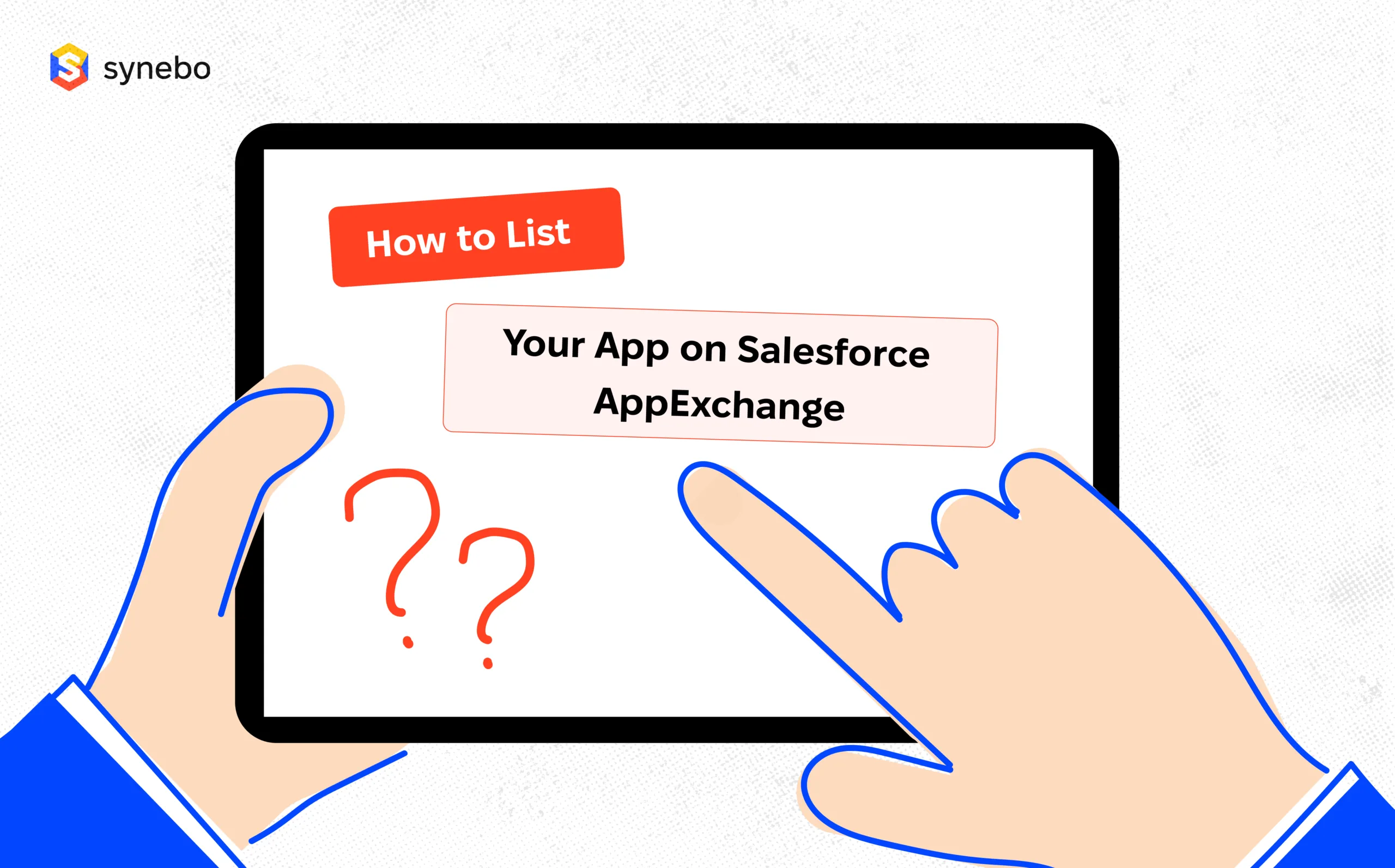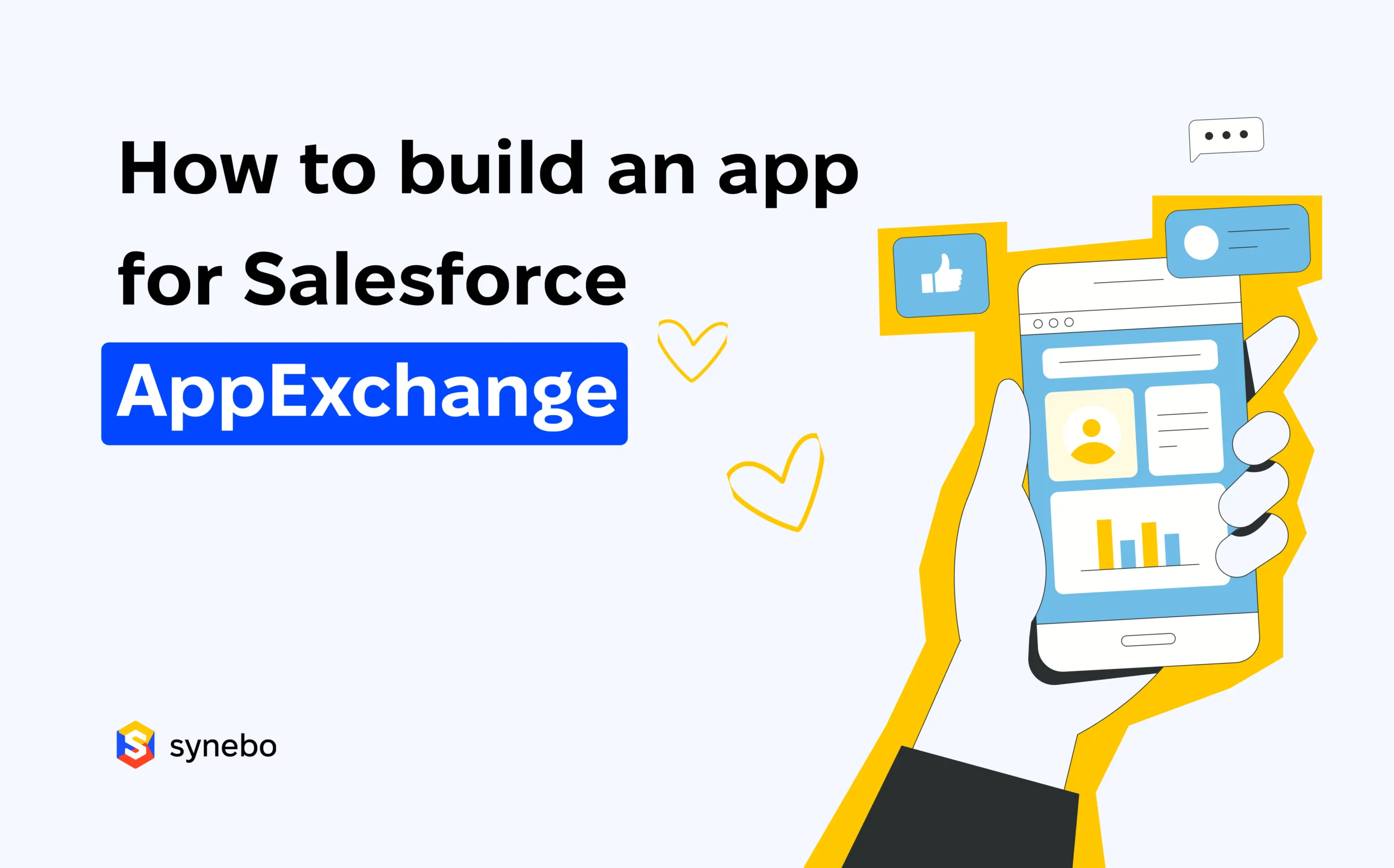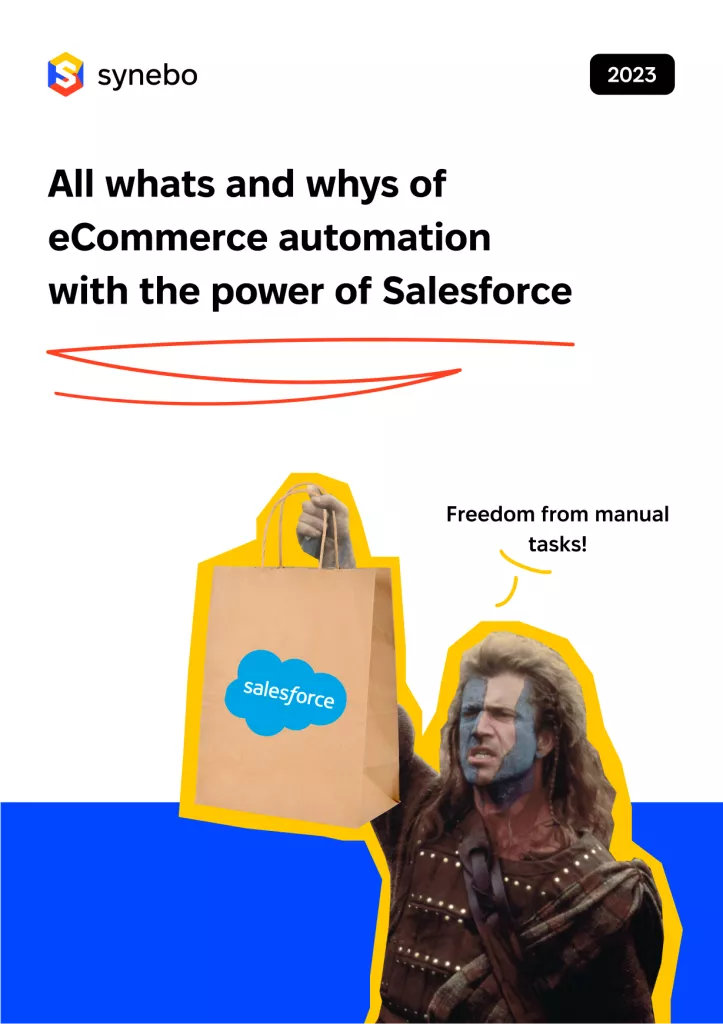Salesforce Sales Cloud from A to Z

As promised, we’re moving further with Salesforce Clouds, and today the celebrity guest we will talk about is Salesforce Sales Cloud.
The celebrity status of Sales Cloud is well-deserved since this product brings 23% of Salesforce’s annual revenue. No surprise, though. After all, CRM systems were mostly created for sales reps to manage their client’s data. So, here, we’ll show you how Salesforce Sales Cloud can help your sales team sell your products and services more effectively.
What is Sales Cloud?
We’ve already explained earlier in one of our blog posts that Salesforce Cloud is not just space for storing data but the whole platform with specific tools and technologies used to benefit your business. And while many CRM platforms are focused on one specific industry or department, Salesforce, this all-powerful titan, decided to create products for them all. That’s why they have Marketing Cloud, Service Cloud, Sales Cloud, and so on.
Thus, Sales Cloud is basically a set of tools and technologies that can help sales teams with their day-to-day work.
What companies can benefit from adopting Salesforce Sales Cloud?
Well, actually, any company that has a sales team. Sales Cloud covers all basic sales needs your company might have, and due to this, often serves as the main Cloud a business purchases (since you can buy as many Salesforce Clouds licenses as you want).
The advantages of using Salesforce Sales Cloud
As a special set of tools for sales representatives, Sales Cloud must bring lots of benefits to your business, right? But it’s always better to know what exactly you can expect before you start using the product. So, in this block, we’ll cover 4 main advantages of using Sales Cloud.
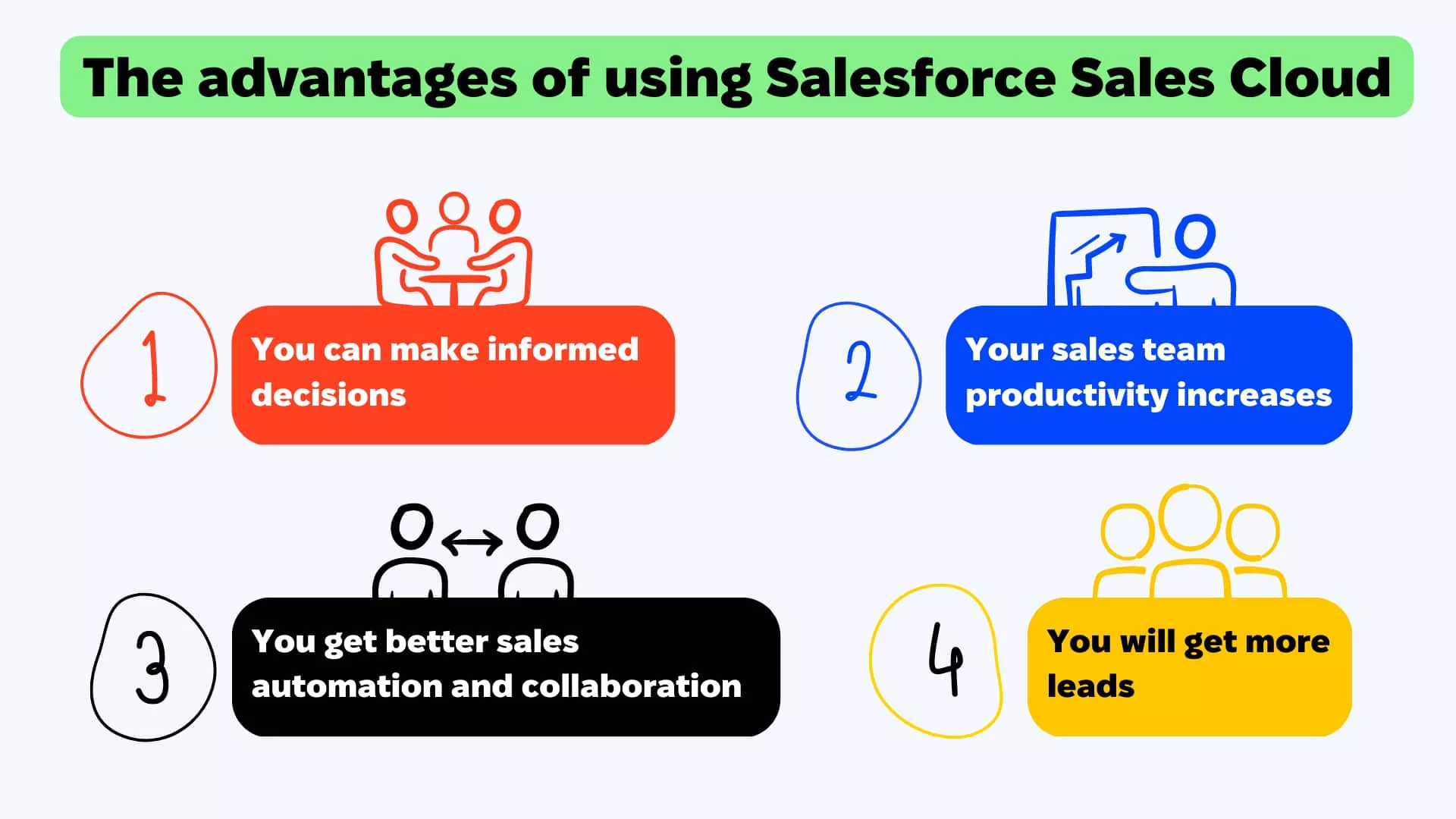
You can make informed decisions
To boost your decision-making, you need two things – data and analytics. And thanks to the tools Sales Cloud provides, you can easily obtain both of them. Sales Cloud will help you collect, store and analyze information about your prospects, monitor your sales process, and even make informed predictions of possible results.
You get better sales automation and collaboration
With Sales Cloud, your sales reps will get rid of repetitive routine tasks like sending follow-ups, scheduling meetings, or informing customers about updates, leaving them to the caring hands of automation technologies.
In addition, Sales Cloud can be easily integrated with other productivity and collaboration tools your team uses, so your data is always synchronized, and team members are connected.
Your sales team productivity increases
Since many repetitive tasks will be completed automatically by the tools Sales Cloud offers, your sales team can focus on more complex challenges. Meanwhile, using predictive analytics will help your sales reps react faster, be more confident in their decisions, and perform more efficiently.
You will get more leads
Eventually, because of sales automation, analytics, and forecasting, your sales team will be able to provide faster and more personalized customer service. This, in turn, will increase sales and decrease the possibility of customer churn.
The main Salesforce Sales Cloud features
All the benefits we described above are provided by certain features. So, we will give a list of certain tools and technologies Salesforce empowered Sales Cloud with. Thus, you’ll understand if this product is what your Sales team needs.
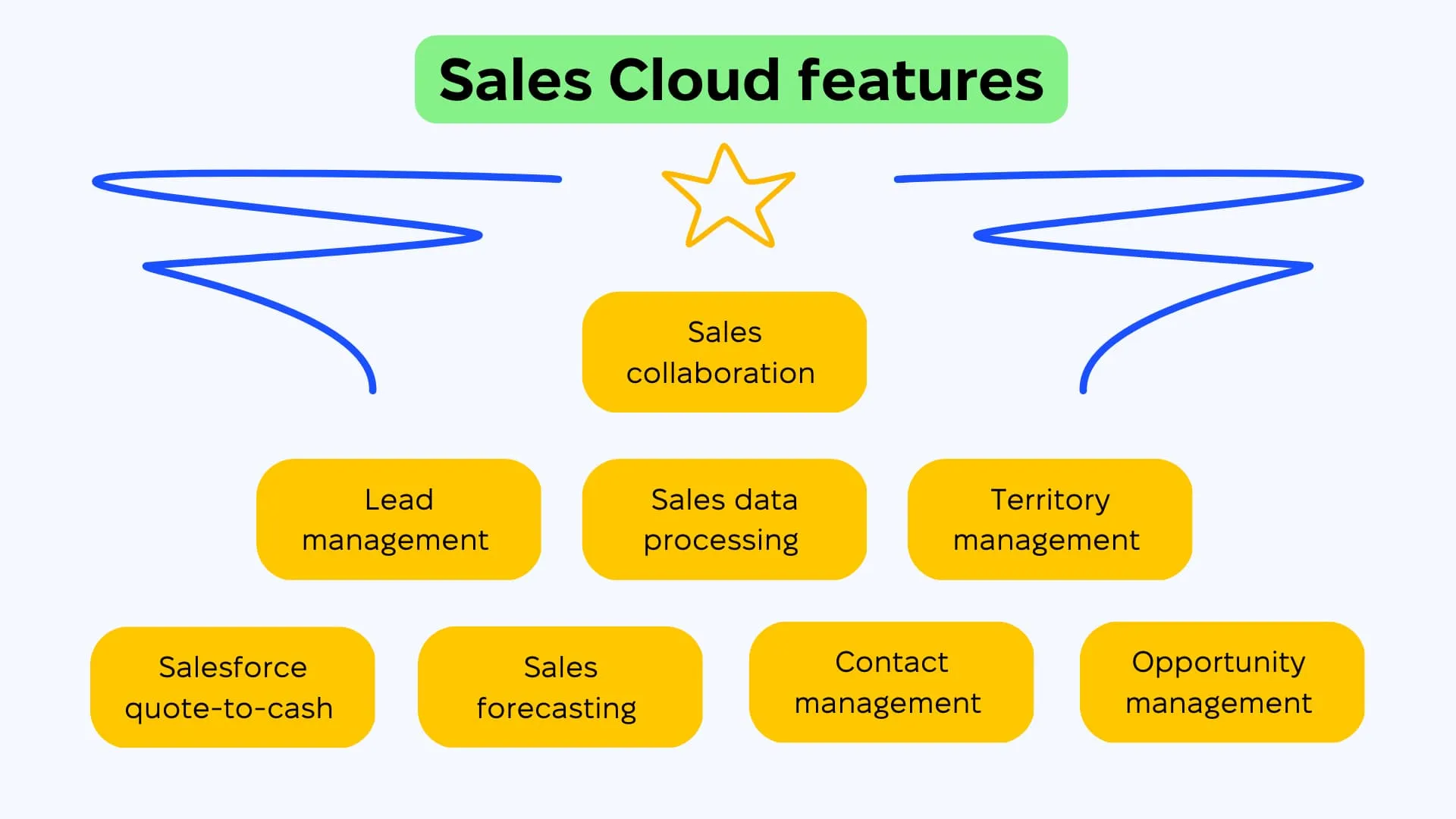
Contact management 📱
With Sales Cloud, you can bring your content management to the next level. Not only it’s easier to store all contact information in one place, but Salesforce also offers the ability to monitor your customer activity and your brand mentions on social media. Using this feature, you will better understand your clients, their interests, and their wishes regarding your product or services.
There, you can also share all information about clients and the conversations you had with your teammates.
Opportunity management 💸
Sales Cloud will analyze your sales pipeline and give you informed insight about where and how to improve it. Meanwhile, you can add to your CRM system specific products and services alongside their price and send a quote to your prospect right from Salesforce. This will help you react quickly and more likely close the deal.
Lead management 👥
Thanks to the Sales Path, you are aware of each and every step of your leads: where they came from, what interactions they had with your brand, and what the chances are to turn this lead into a client. Salesforce Sales Cloud can automatically assign a score to every lead you have, and then you see if it can be converted now or if you need to work on it more.
Reports and dashboards 📈
Your sales reps can modify their reports and dashboards to get the most valuable information right in front of their eyes and to easily and quickly complete their daily tasks.
Sales forecasting 🔮
As we already mentioned, Sales Cloud automatically scores your leads and customers, and after analyzing their behavior and interactions with your team and your products, can give you insights about the possibility of them buying or falling out.
Sales collaboration 🤝
Your sales reps can collaborate with each other and share all important information within the comfort of your Salesforce CRM system. They can easily inform their colleagues about any updates regarding customers or ongoing projects just by simply using their phones and leaving comments in the general feed or the feeds under specific records. Then your team rests assured that no detail is lost or missed.
Territory management 🌍
Sales Cloud can also help you with sales territory modeling. So, you can see and better understand the geography of your customers, the profit, and the potential of each territory. You can also assign certain employees to certain territories to make it easier for them to connect with each other and close deals faster. And with a Run Rules option, you’ll be able to set some automated actions to each territory separately or to a few of them at once.
Sales data processing 📄
Deep analytics is not the only advantage of Salesforce. Sales Cloud will not only process data you collected, but also help you find some data about your customers, and even potential customers. With a special tool, Data.com Prospector, your sales reps will be able to find more companies they can target, and find more information about already existing prospects.
So, do I need Sales Cloud?
Sales Cloud is a great tool, no doubt. And now you can clearly see if that’s what your company needs. However, if you’re still not certain if Sales Cloud can meet all of your sales team needs or find yourself a little confused about some of the features or technologies Salesforce uses – feel free to get in touch with the Synebo team and ask whatever, and as many questions as you want. See you in the next articles!


